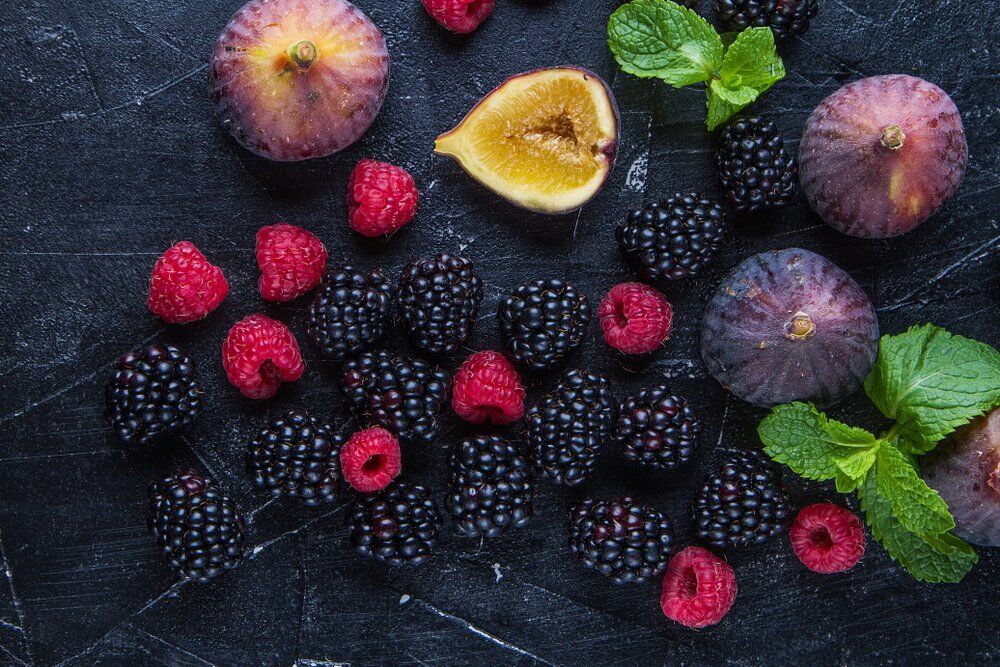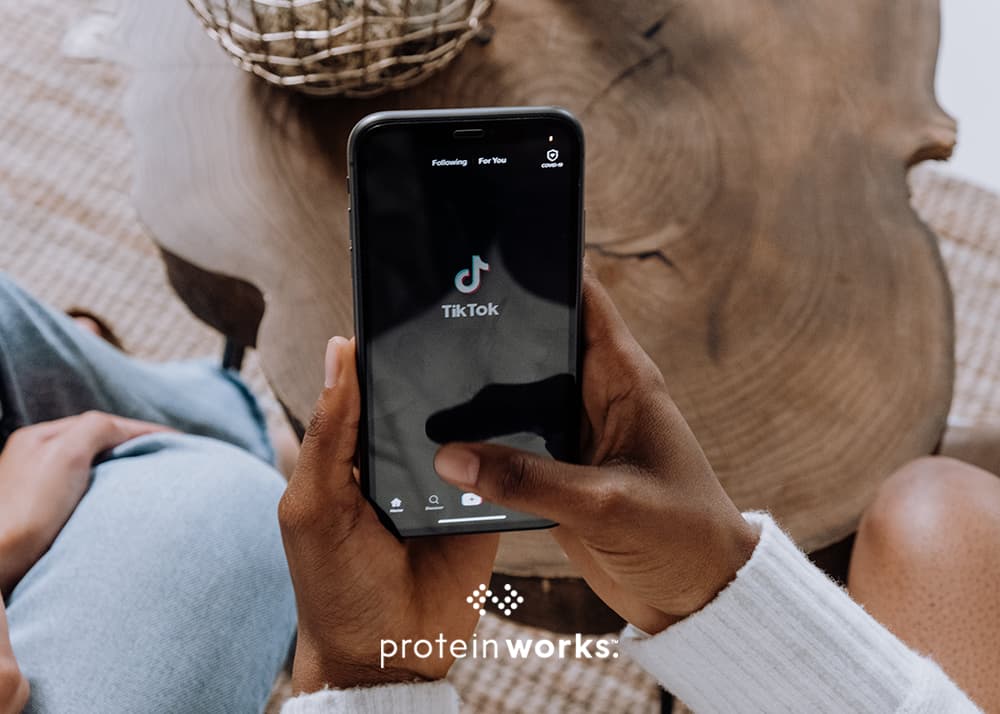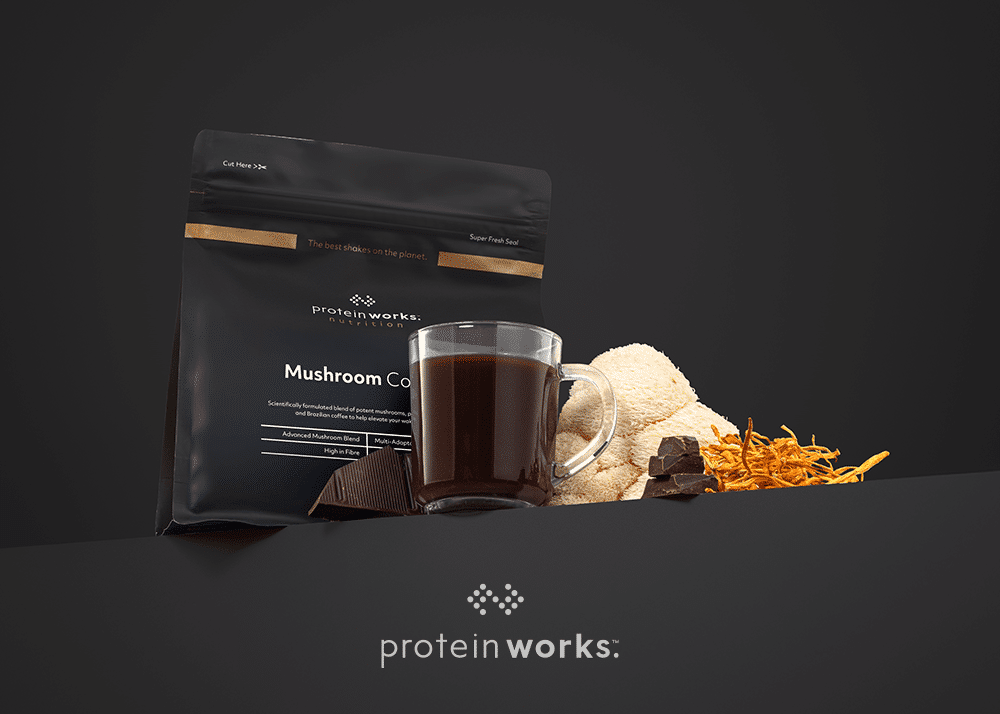
The Flex Diet: A Sustainable Method of Clean Eating
With a new year comes a wave of people vowing to achieve goals. These goals may be professional, personal or physical in nature. For the sake of this article, we’ll focus on the physical.
Of course, weight loss is the belle of the ball as it pertains to most resolutions.
“I will begin tracking my macros.”
“I will lose 5 kilos this year.”
“I will eat a piece of fruit every day.”
These are all fantastic goals. However, bettering yourself through food doesn’t solely mean eating less junk food or losing weight. It can also mean eating differently.
Over the last several decades, opting for meat alternatives has become increasingly popular. We’ve begun singing the praises of businesses whereby animals are treated with a greater sense of respect and courtesy. You don’t have to be a vegan to agree, in principle, with these thoughts, either. If these statements resonate, you’ve come to the right place.
Treating our eating habits like a dichotomy is misguided, and it happens way too often. This “All in or All out” mentality forces us to suffer burnout and resentment toward food. This pertains to weight loss diets with very strict rules such as Atkin’s, Keto or Whole 30. Many never get past the first week because drastic changes in habits are tough to both initiate and maintain.
The same fallacy exists when adopting a more “meatless” lifestyle, whether your aim is to lose weight or not. Many of us want to do better job of reducing animal product consumption, but the idea of going full-blow vegan is daunting. This is where a “Flex Diet” comes in handy.
 What is the Flex Diet?
What is the Flex Diet?
The Flex Diet isn’t really a diet at all, at least not in the traditional sense. The Flex Diet allows the dieter to adopt the eating habits akin to veganism, vegetarianism, pesceterianism, etc. at different times. Allow me to explain.
The purpose of selecting your own methods of reducing animal products is to satiate a mostly plant-based diet for the long haul without psychological or physical burnout.
For the sake of being thorough, let’s quickly define many anti-animal product diets.
Veganism: People practicing veganism, or vegans, adopt a lifestyle excluding all animal products and attempts to exploiting animals. In addition to eating practices, this includes excluding common comforts whereby animals may be ill used such as with clothing, beauty products, etc. As it does pertain to eating, veganism excludes all foods of animal origin such as red meat, fish, honey, eggs and dairy.
Vegetarianism: Simply put, vegetarians abstain from meat, fish and poultry. Certain subtypes of vegetarianism exclude products such as eggs and dairy.
Pescatarianism: Adding fish and other forms of seafood to a vegetarian diet is the hallmark of pescatarianism. Otherwise, the methods of this diet are near identical to the aforementioned vegetarianism.
There are various subtypes for each of these eating methods which speaks to the complexity related to each individual’s reasoning for adopting these specific ways of eating. With the Flex Diet, these confines become much more flexible.
 How to Implement the Flex Diet
How to Implement the Flex Diet
The beauty of the Flex Diet is if you’re inclined to decrease consumption of animal-based products, you may do so individualistically.
This means, you make the decisions.
As with any change though, it’s likely best practice to wade into change before diving in headfirst. This may look like cutting out red meat for a few months then slowly weaning off of poultry and soon cutting out milk. Or, this may look like limiting yourself to two portions of meat per week. Again, the decisions are ultimately up to you.
Though there may be some downsides to not having rigid rules, there are also many more upsides. Eating in this manner means we can’t layout exactly what a “Week of Flex Dieting” looks like, but it does allow you to take control and autonomously change your style of eating.
Recognize that simply making your way to the end of this article, you’ve shown impressive intent to make changes.
Closing Remarks
The Flex Diet isn’t so much a diet as it is a way of thinking about food. There’s a world of difference between going full-blown vegan and mindlessly eating animal products without a care in the world. The Flex Diet encourages sustainable, healthy, and autonomous reductions in animal consumption. Little changes from many people can have profound impact.


 What is the Flex Diet?
What is the Flex Diet? How to Implement the Flex Diet
How to Implement the Flex Diet



No Comments yet!